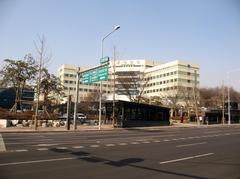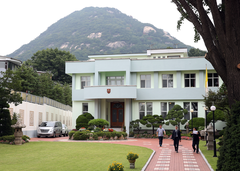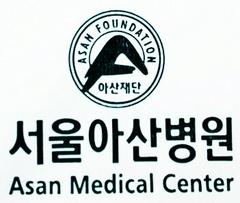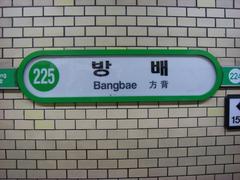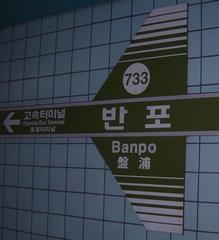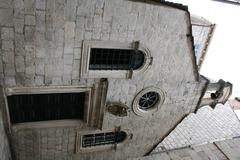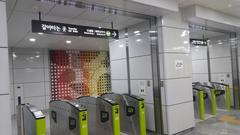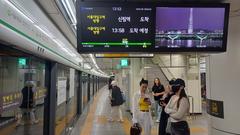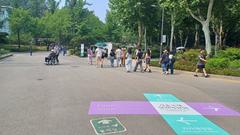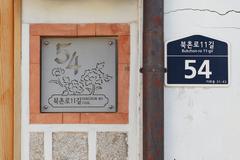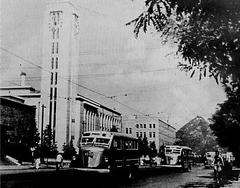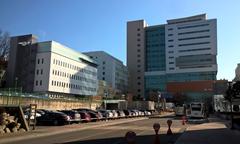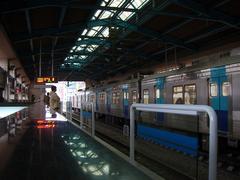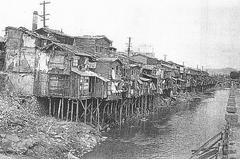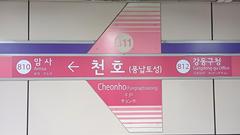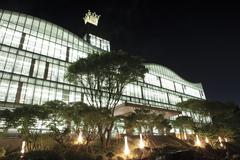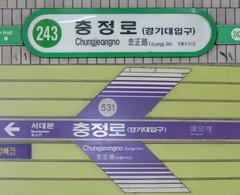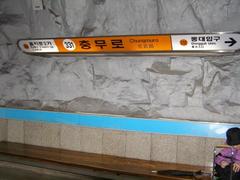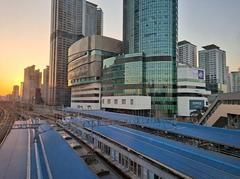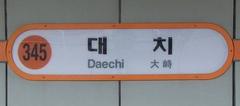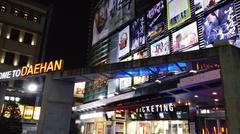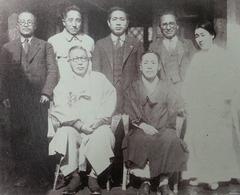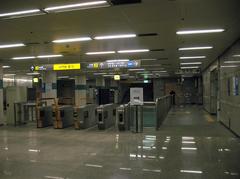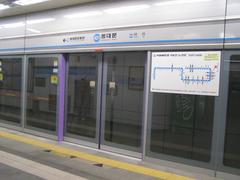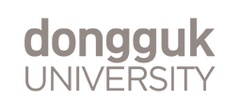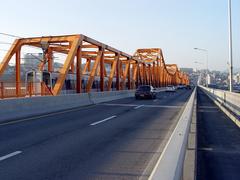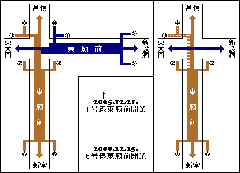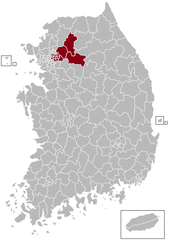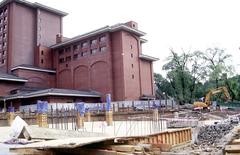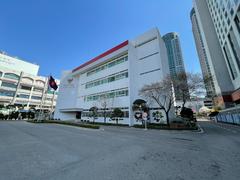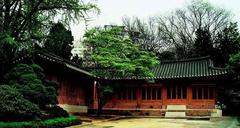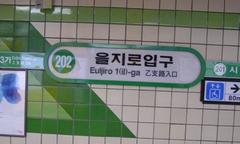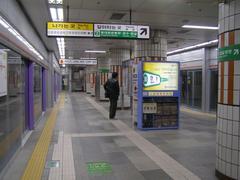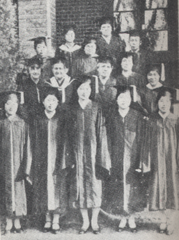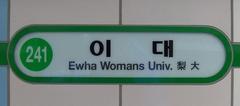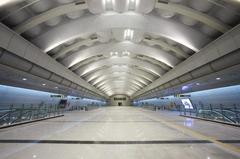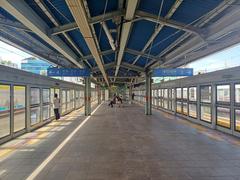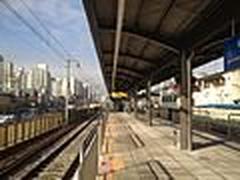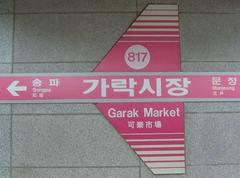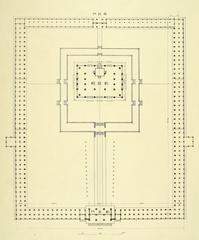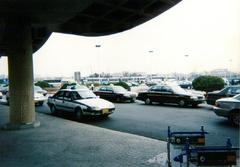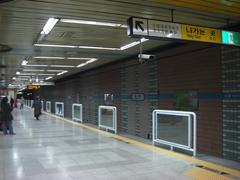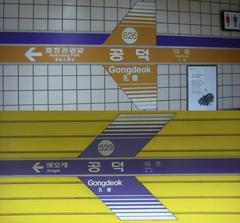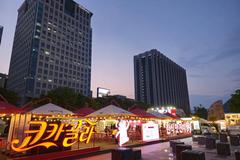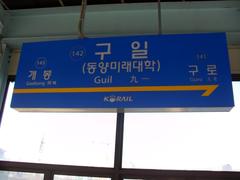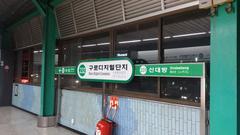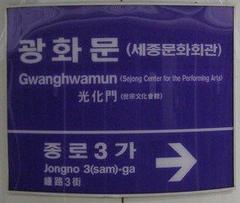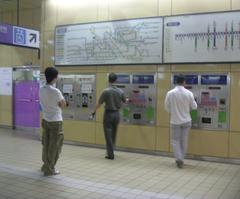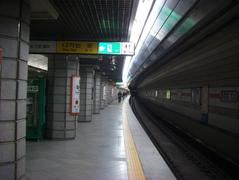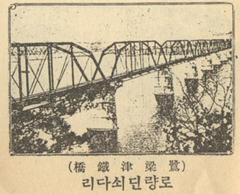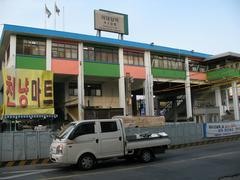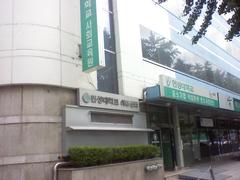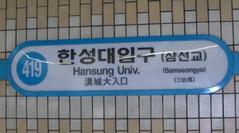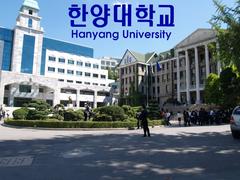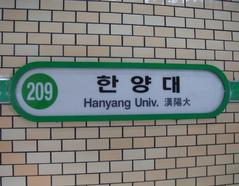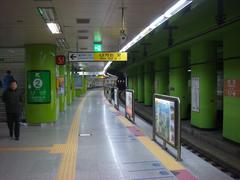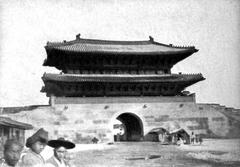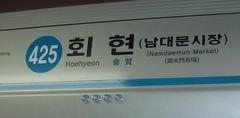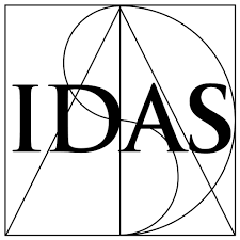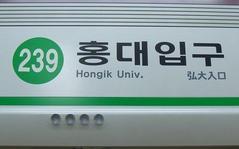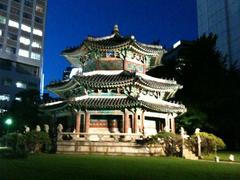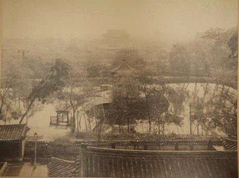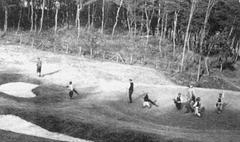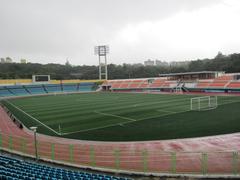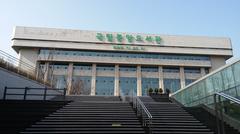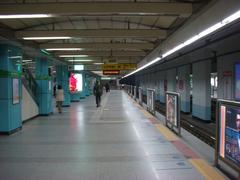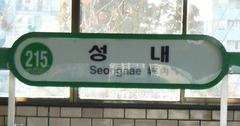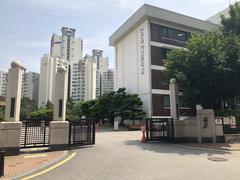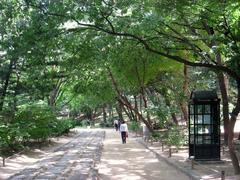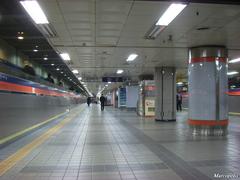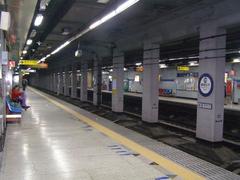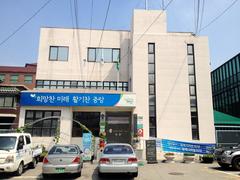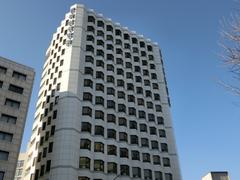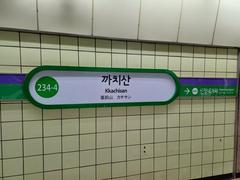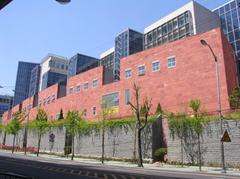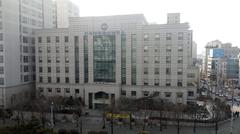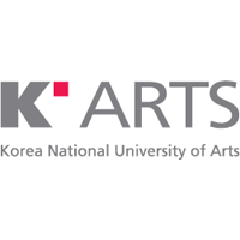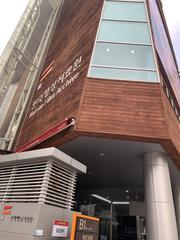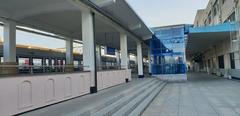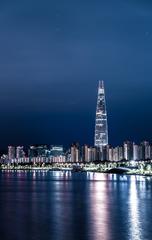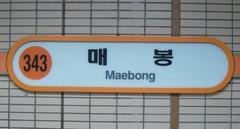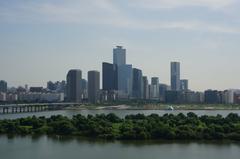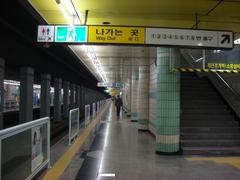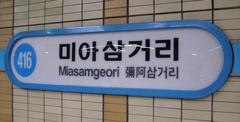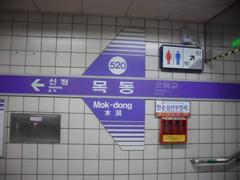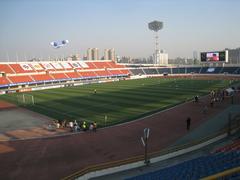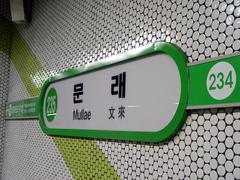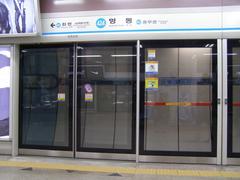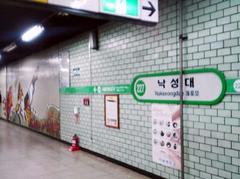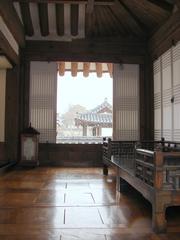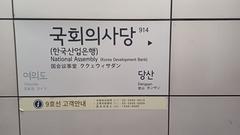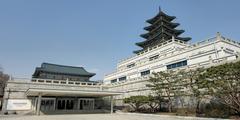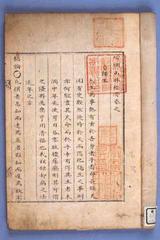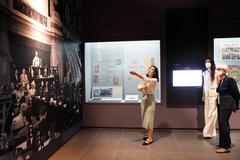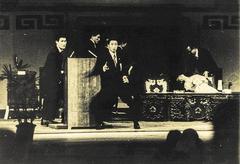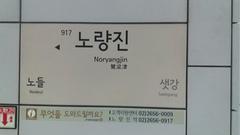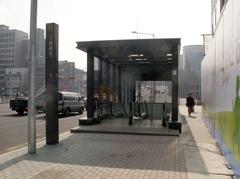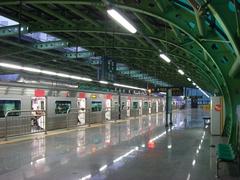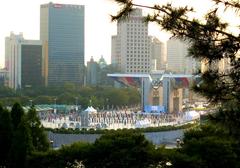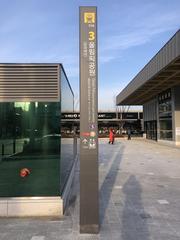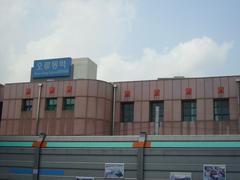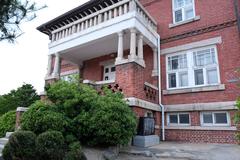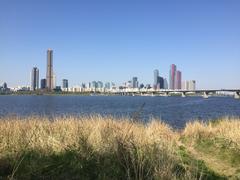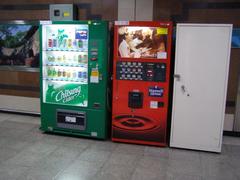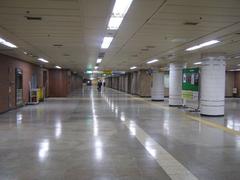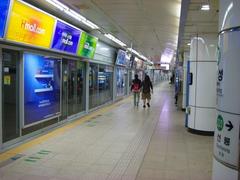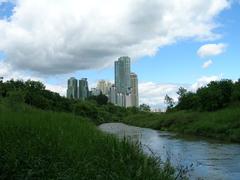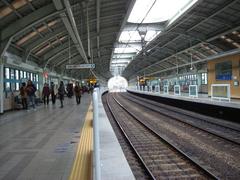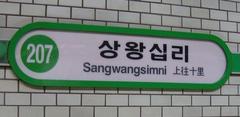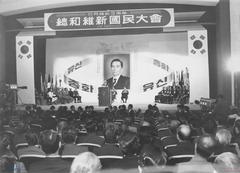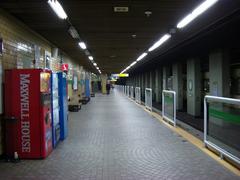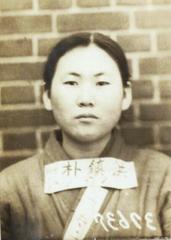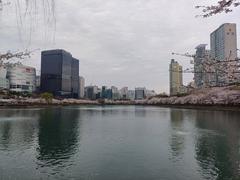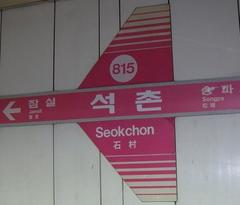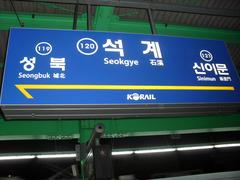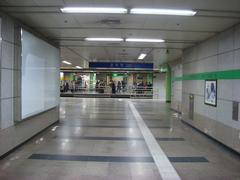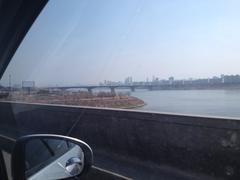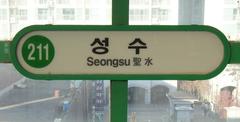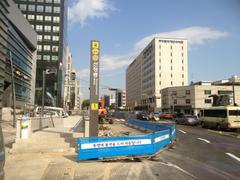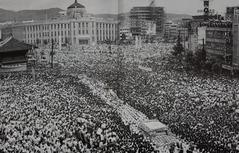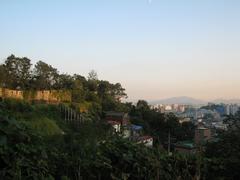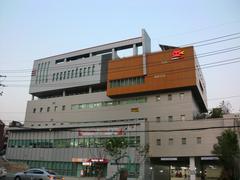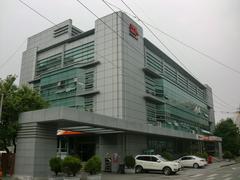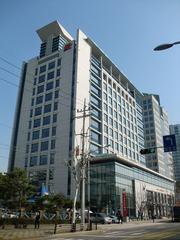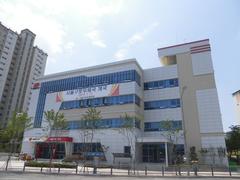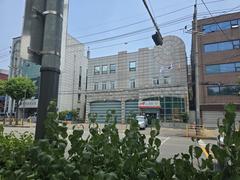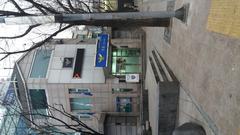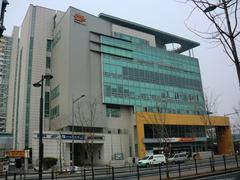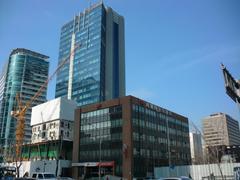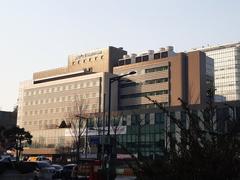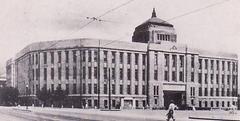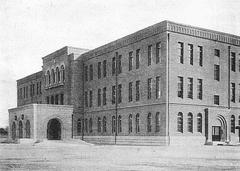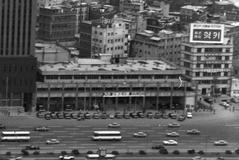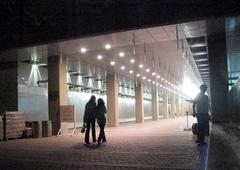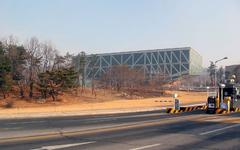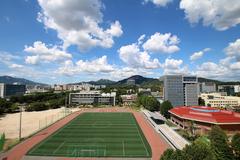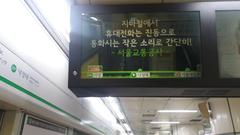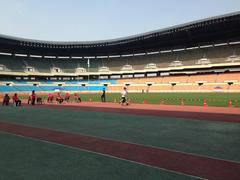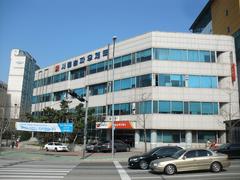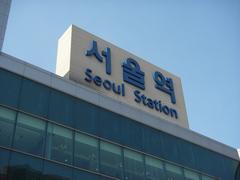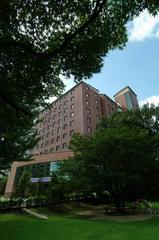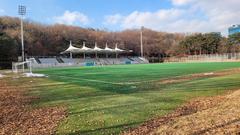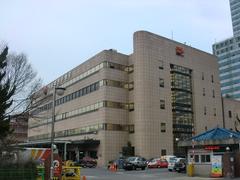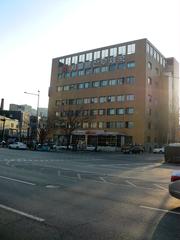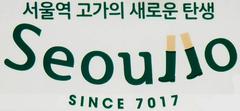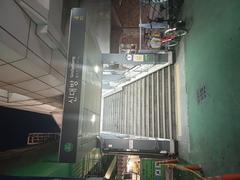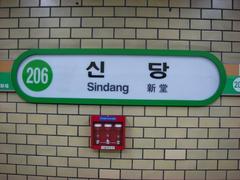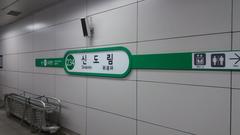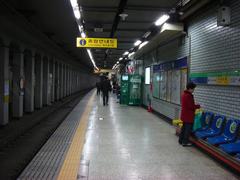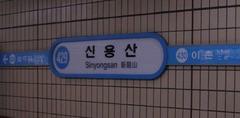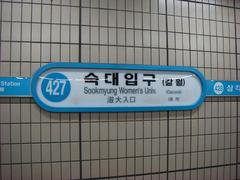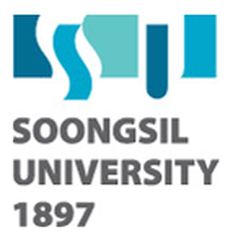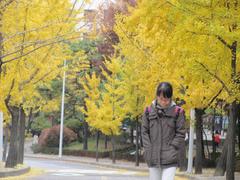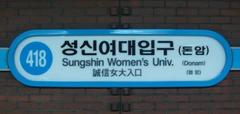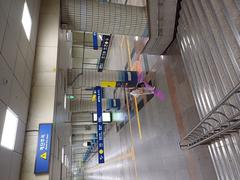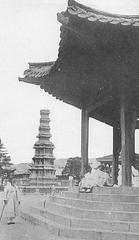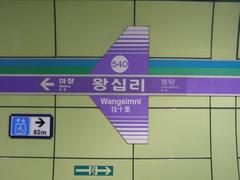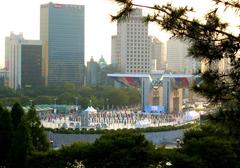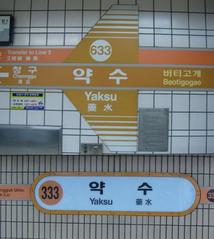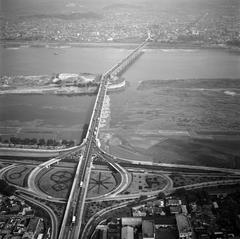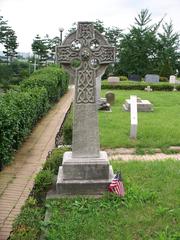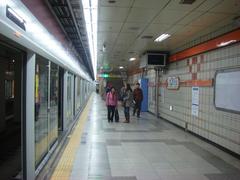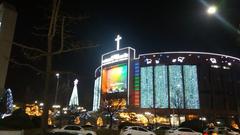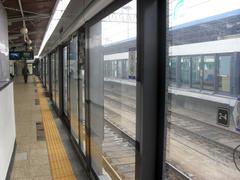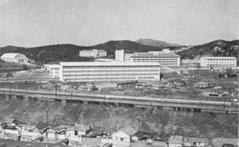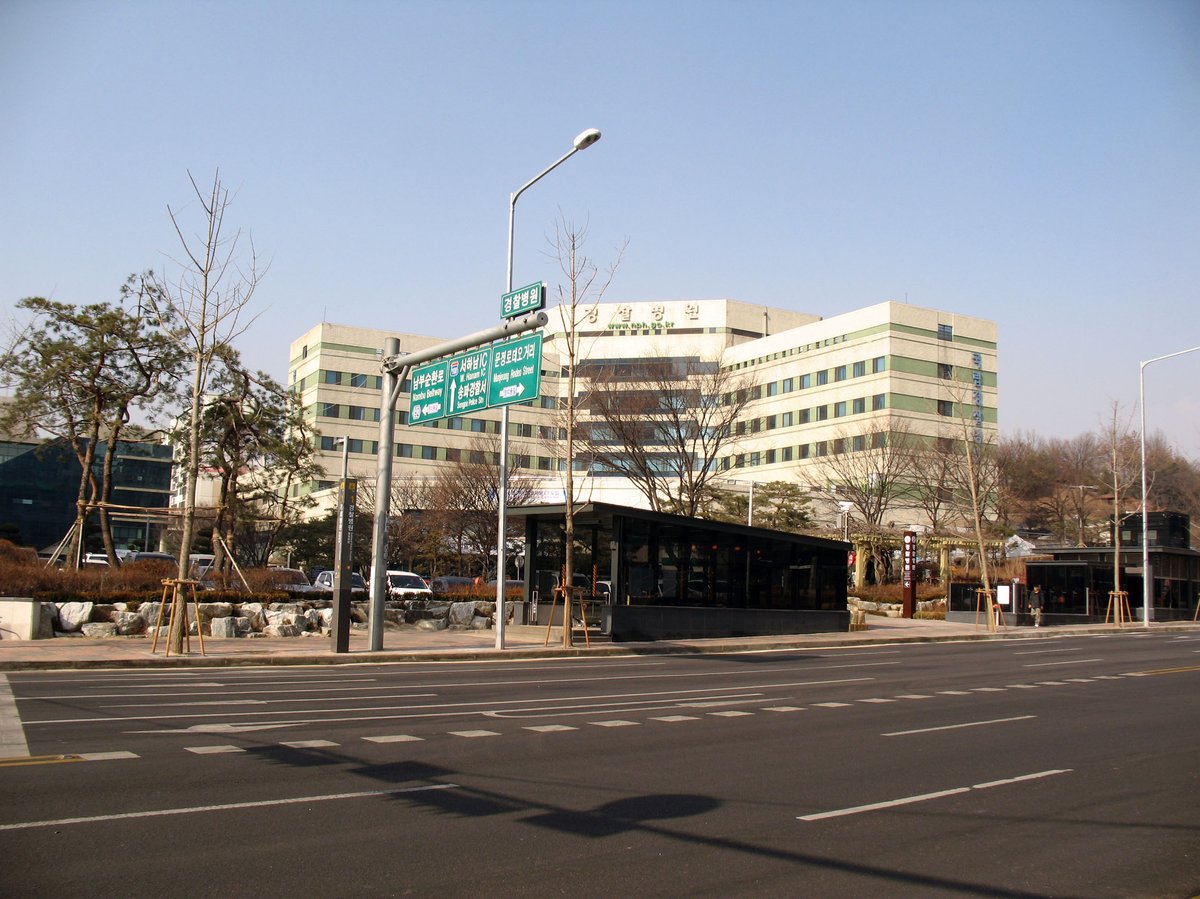
National Police Hospital Seoul Visiting Hours, Tickets, and Guide
Date: 14/06/2025
Introduction
The National Police Hospital in Seoul is a distinguished institution rooted in over a century of Korean law enforcement history. Established to care for police officers, their families, and, on occasion, the general public, the hospital stands as a testament to South Korea’s commitment to public safety and the welfare of its law enforcement personnel. Located in the Songpa-gu district, the hospital features modern medical facilities, advanced technology, and a broad array of specialized services. This comprehensive guide details the hospital’s historical significance, practical visiting information, facilities, and nearby attractions, providing essential knowledge for visitors, patients, and those interested in Korea’s public safety heritage.
For official and updated details, refer to the Korean National Police Agency website and related Seoul government portals (WHO: Republic of Korea Health System Review).
Table of Contents
- Introduction
- Historical Development
- Practical Visitor Information
- Facilities, Services, and Location
- Institutional Significance
- Frequently Asked Questions (FAQ)
- Summary and Final Tips
- References
Historical Development of the National Police Hospital
Origins of the Korean Police System
The modern Korean police system was initiated in 1919 with the founding of the Police Department (경무국) under the Provisional Government of the Republic of Korea. The primary objectives were to maintain public order and protect national infrastructure during a period of upheaval (Wikipedia: National Police Agency (South Korea)).
After liberation from Japanese rule in 1945, the Police Administration Bureau (경무부) was established to restore law and order, initially staffed by former colonial police. In October 1945, Chough Pyung-ok was appointed the first Korean Director of the National Police Department (Wikipedia: National Police Agency (South Korea)).
Post-Liberation and Institutional Expansion
With the establishment of the First Republic of Korea in 1948, police agencies expanded under the Ministry of Internal Affairs, playing pivotal roles during the Korean War and periods of civil unrest. The heavy toll of the war, with thousands of police casualties, highlighted the necessity for dedicated medical services for law enforcement personnel (Wikipedia: National Police Agency (South Korea)).
Development of Police Medical Services
In response to the unique healthcare needs of police officers, the National Police Hospital was established. Its roots are intertwined with the foundation of the National Institute of Scientific Inspection Service (later the National Forensic Service) in 1955, which provided medical and scientific support to law enforcement. The hospital, under the Korean National Police Agency (KNPA), emerged as a central hub for police healthcare, especially following significant organizational reforms in 1991 (Wikipedia: National Police Agency (South Korea)).
Practical Visitor Information
Visiting Hours
- General Visiting Hours: Typically 2:00 PM to 8:00 PM daily.
- Note: Hours may vary by department and according to health guidelines. Confirm directly with the hospital before visiting.
Admission and Tickets
- Medical Services: Appointment or referral required; no general admission ticket.
- Public Events/Exhibits: Some hospital areas may be open for special events; check official channels for ticketing or registration information.
- Admission Fee: There is no general fee for accessing public areas or hospital grounds.
Accessibility
- Location: Songpa-gu, Seoul, directly accessible via National Police Hospital Station (Seoul Subway Line 3).
- Facilities: Wheelchair access, elevators, ramps, and bilingual signage.
- Parking: Available for visitors.
Travel Tips
- Language: Korean is primarily spoken; limited English assistance is available. Consider using translation apps or visiting with a Korean-speaking companion.
- Safety and Etiquette: Observe hospital rules, maintain patient privacy, and follow visitor instructions.
Nearby Attractions
- Seoul City Hall and Plaza: Civic and cultural hub.
- Deoksugung Palace: A historic royal site with gardens.
- Cheonggyecheon Stream: Urban walking trail. These sites enrich the visitor experience and are easily accessible from the hospital.
Facilities, Services, and Location
Hospital Infrastructure and Layout
The National Police Hospital encompasses:
- Outpatient and Inpatient Wards: Broad range of specialties.
- 24/7 Emergency Department: Focus on trauma and urgent care, especially for police-related injuries.
- Diagnostic Centers: MRI, CT, ultrasound, and advanced imaging.
- Operating Rooms: Modern surgical facilities.
- Pharmacy: On-site for prescriptions and over-the-counter needs.
- Rehabilitation Center: Customized for injury recovery.
- Cafeteria and Stores: Dining and essential daily items.
Visitor Guidelines
- Respect Quiet Zones: Maintain low noise levels.
- Limit Visitor Numbers: Adhere to hospital rules for group size and duration.
- No Public Tours: The hospital is a healthcare facility and does not provide general tours.
Specialized Departments
- Trauma and Emergency Medicine
- Orthopedics
- Cardiology and Internal Medicine
- Psychiatry and Counseling
- Preventive Medicine
The hospital also participates in the National Health Screening Program, offering comprehensive check-ups.
International Patient Support
- Language Support: English-speaking staff available; interpreter services can be arranged via the Seoul Global Center.
- Insurance: International insurance accepted with prior documentation.
- Medical Referrals: 24-hour Medical Referral Service for foreigners.
Emergency and Health Check-Ups
- Emergency Services: Available 24/7; dial 119 (ambulance) or 112 (police).
- Health Screening: Comprehensive, affordable check-ups completed in 3–4 hours.
Transportation and Amenities
- Subway: Seoul Subway Line 3 to National Police Hospital Station.
- Taxi: Show the driver “경찰병원” (Gyeongchal Byeongwon).
- Bus: Multiple city routes; check local transit apps.
- Accessibility: Barrier-free facilities for those with mobility needs.
- Amenities: Cafeteria, convenience stores, comfortable waiting areas.
Institutional Significance
Role in the Police System
The National Police Hospital operates as the primary healthcare provider for police officers and their families, supporting operational readiness and welfare (Wikipedia: National Police Agency (South Korea)).
Specialized Contributions
- Occupational Health: Care for injuries sustained in the line of duty.
- Mental Health Services: Trauma and stress management for law enforcement.
- Collaboration: Works with agencies such as the National Forensic Service on public safety and forensic medicine research.
Integration with Health Policy
- Universal Healthcare: Services covered by national insurance since 1989.
- Accreditation: Korean Institute for Health-care Accreditation; meets quality standards (WHO: Republic of Korea Health System Review).
Community Engagement and Modernization
- Public Health Initiatives: Outreach, education, and disaster response.
- Modernization: Adoption of digital health records, telemedicine, and emergency response systems (WHO: Republic of Korea Health System Review).
Frequently Asked Questions (FAQ)
Q: Can the general public visit the National Police Hospital?
A: Access is mainly for police personnel and their families; some areas may be open for events or public programs.
Q: What are the visiting hours?
A: Typically, 2:00 PM – 8:00 PM daily; confirm with the hospital for specific areas.
Q: Is there an admission fee?
A: No general admission fee; medical services require appointments.
Q: How do I get there?
A: Use Seoul Subway Line 3 to National Police Hospital Station, or local buses.
Q: Are guided tours available?
A: No; as a medical institution, tours are not provided.
Q: Is the hospital wheelchair accessible?
A: Yes, with barrier-free facilities and accessible public transport links.
Q: Does the hospital support international patients?
A: Yes, in emergencies and with coordination through the Seoul Global Center.
Summary and Final Tips
The National Police Hospital in Seoul is more than a medical center; it is a symbol of South Korea’s dedication to law enforcement and public welfare. Its advanced facilities, accessibility, and integration within the national health system make it a model institution. While public access is limited, visitors interested in Korea’s civic history will find its location near major cultural sites an added benefit. For up-to-date information, always consult official resources such as the Korean National Police Agency and the Seoul Metropolitan Government.
For real-time updates, guided tours, and travel assistance, download the Audiala app or explore related articles on Seoul’s healthcare and civic institutions.
References and Further Reading
- National Police Agency (South Korea)
- WHO: Republic of Korea Health System Review
- Seoul Metropolitan Government
